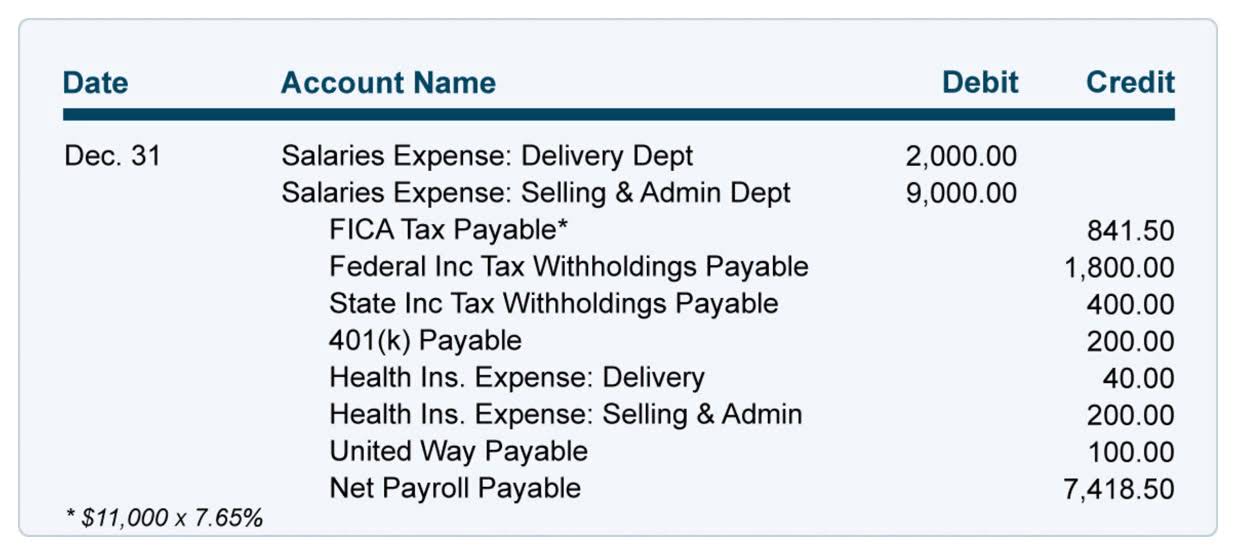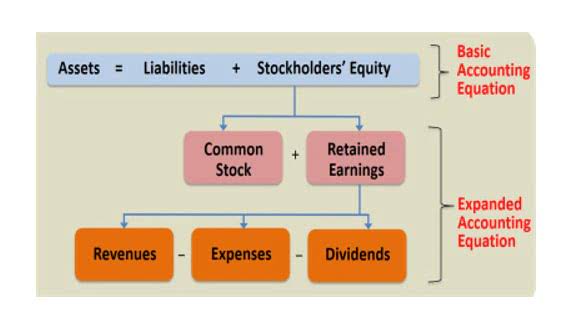
Oregon may not be considered one of the most tax-friendly states due to its progressive income tax system. But it can be friendly for retirees as Social Security income is not taxed. There is no property tax on household furnishings, personal belongings, automobiles, crops, orchards or business inventories. Property subject to taxation includes all privately owned real property (land, buildings, and fixed machinery and equipment) and personal property used in a business.
Does the state of Oregon tax Social Security income?
The state of Oregon has a progressive tax system which is reflected on the tax brackets for the upcoming tax season. Whether you’re a full-year resident or a partial-year resident that requires to file an Oregon state income tax return, the tax brackets are needed to calculate the tax liability. The state of Oregon offers a standard deduction for its taxpayers. To file a tax return in Oregon, taxpayers must complete and submit a tax return form. The tax return form requires taxpayers to report their taxable income and any credits or deductions they are eligible to claim.

Where is My Oregon State Income Tax Refund?
Taxpayers must also calculate their tax liability and pay any taxes owed by the due date. Capital gains in Oregon are subject to the normal personal income tax rates. That means capital gains can be taxed at a rate as high as 9.9%, depending on your total income. When calculating your Oregon income tax, keep in mind that the Oregon state income tax brackets are only applied to your adjusted gross income (AGI) after you have made any qualifying deductions.
Tax Season Oregon Tax Tables
We are compensated in exchange for placement of sponsored products and services, or by you clicking on certain links posted on our site. While we strive to provide a wide range of offers, Bankrate does not include information about every financial or credit product or service. Oregon offers tax deductions and credits to reduce your tax liability, including deductions for qualifying medical and dental expenses and real estate taxes.
- While the personal income tax is based on a tax filer’s ability to pay, Oregonians pay other taxes not connected to how much someone can afford to pay.
- Technically, you don’t have just one “tax bracket” – you pay all of the Oregon marginal tax rates from the lowest tax bracket to the tax bracket in which you earned your last dollar.
- It consists of four income tax brackets, with rates increasing from 4.75% to a top rate of 9.9%.
- To avoid paying taxes, multinational corporations artificially shift billions in profits earned in the U.S. and Oregon to places that levy little or no corporate income taxes.
- This is because the rate of taxation increases as an individual’s taxable income also increases.

Katelyn has more than 6 years of experience working in tax and finance. She believes knowledge is the key to success and enjoys providing content that educates and informs. Additionally, heirs could face big tax bills in Oregon since unearned revenue there is a state estate tax, but estates worth less than $1 million aren’t taxed. It is not intended to provide financial, legal or accounting advice and should not be relied on for the same. Please consult your own financial, legal and accounting advisors before engaging in any transactions.

After you file

If approved for the program, you will borrow money from the State of Oregon to Bookkeeping for Chiropractors pay your county property taxes. Visit the official state government’s website to pay individual income tax online. The portion of your paycheck that goes to taxes in Oregon varies depending on your income level and deductions.
- In recent years, Congress has been tossing out tax breaks for the rich and corporations like confetti at a parade.
- Oregon has a state income tax system, so knowing their tax regulations and requirements is vital, especially if you are a resident or doing business here.
- This allows the wealthy to avoid taxes for years, and sometimes forever.
- You are considered an Oregon resident if you lived in Oregon for most of the last tax year, specifically 200 days or more.
Oregon Income Taxes
A tax credit allows taxpayers to reduce the amount of taxes they are required to pay. This is different from a tax deduction, which reduces the oregon income tax amount of income that is subject to taxation. Tax credits are applied directly to the tax liability, while deductions are applied to the taxable income. While it doesn’t have a sales tax, its income tax rates can be relatively high, especially for those with higher incomes. Oregon’s income tax system is often called a progressive tax system.